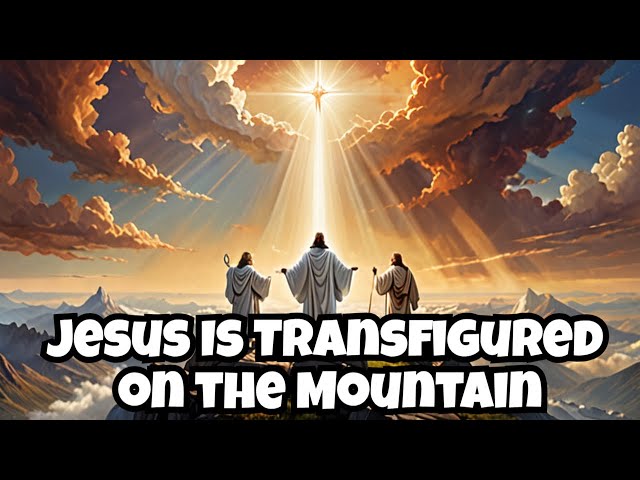Peace to all,
Mary is Not a Part of the Christian Trinity is so logically incorrect.
In Christian theology, the doctrine of the Trinity defines God as one being in three co-equal and co-eternal Persons: God the Father, God the Son (Jesus Christ), and God the Holy Spirit. Mary, the mother of Jesus, is held in high esteem in many Christian traditions, but she is not considered a member of the Trinity.
I say in generalization each are Gods equal and separate in the power of God and together One Holy Spirit Family of God in being One Family becoming again in all. Creation, Immaculate Flesh Immortality Transformation Glorification and Holy Spirit Incorruptible Transfiguration Gods.
The foundational understanding of the Trinity is that the Father, Son, and Holy Spirit are distinct Persons who share one divine nature or essence. This doctrine is a central tenet of most Christian denominations, including Catholicism, Eastern Orthodoxy, and Protestantism. The Bible, particularly the New Testament, is the primary source for the doctrine of the Trinity, with key passages pointing to the divinity of the Father, the Son, and the Holy Spirit and their distinct yet unified relationship.
If they see the Holy Spirit as a person in the Trinity this leaves no room for the Mother and Person of God existing before creation as Mother of God, no one can see the Mother of God, logically in the Trinity. To me the personal relationship with Jesus is more logically seen through The Holy Spirit Family of God.
All one has to do is logically convince all people there is no Mother preexisting in the Family of God before creation together with the Father and the Son in One Family in being One God becoming again in all.
While revered as the “Theotokos” (God-bearer) in Eastern Orthodoxy and the “Mother of God” in the Catholic Church for her role in the incarnation of Jesus Christ, Mary is understood to be a human being chosen by God for this unique purpose. Christian teachings emphasize her faith, obedience, and pivotal role in salvation history, but do not ascribe divinity to her. She is venerated and honored, but not worshiped as God.
It is a traditional belief in the Catholic Church that the Blessed Virgin Mary appeared to Saint Dominic in 1208 and gave him the prayers and devotion of the Rosary. This tradition is particularly well-supported within the Dominican Order, which St. Dominic founded. The Dominicans have played a central role in promoting the Rosary throughout history.
Even with these points, the tradition of Mary’s revelation to St. Dominic remains a strong belief within the Catholic Church, especially for the Dominicans. It highlights Mary’s role in guiding the Church to fight heresy and spread the Gospel through prayer.
“My dear Dominic, do you know which weapon the Blessed Trinity has used to reform the world?”
“My Lady,” replied St. Dominic, “you know better than I because next to your son Jesus Christ you were the chief instrument of our salvation.”
Our Lady added: “I want you to know that the principal means has been the Angelic Psalter, which is the foundation of the New Testament. That is why, if you want to win these hardened hearts for God, preach my Psalter.”
St. Dominic returned to the Church and rang the bells to call the people of Toulouse and he began preaching to them about the Holy Rosary. In a very short time, a great change was seen in the city: people renounced their bad habits and began living truly Christian lives. It was by these extraordinary means that God wanted to spread the new devotion of the Holy Rosary and make it more widely known. (St. Louis de Montfort, The Secret of the Rosary)
If they see the Holy Spirit as a person in the Trinity no one can see the Mother of God, logically in the Trinity. The Holy Spirit rationally is the Family of God all together from the beginning, Father Son and Mother and all mankind becoming again One Holy Spirit Family of God, OMNILogically to all generalization.
Mary is not in The Trinity because of 1st and 3rd century Forefathers not seeing the Holy Spirit as a Family of Being and Gods preexisting before creation From the Father through the Mother for the Son in the Christ becoming in all mankind becoming again One Holy Spirit Family of God in all.
Peace always,
Stephen
